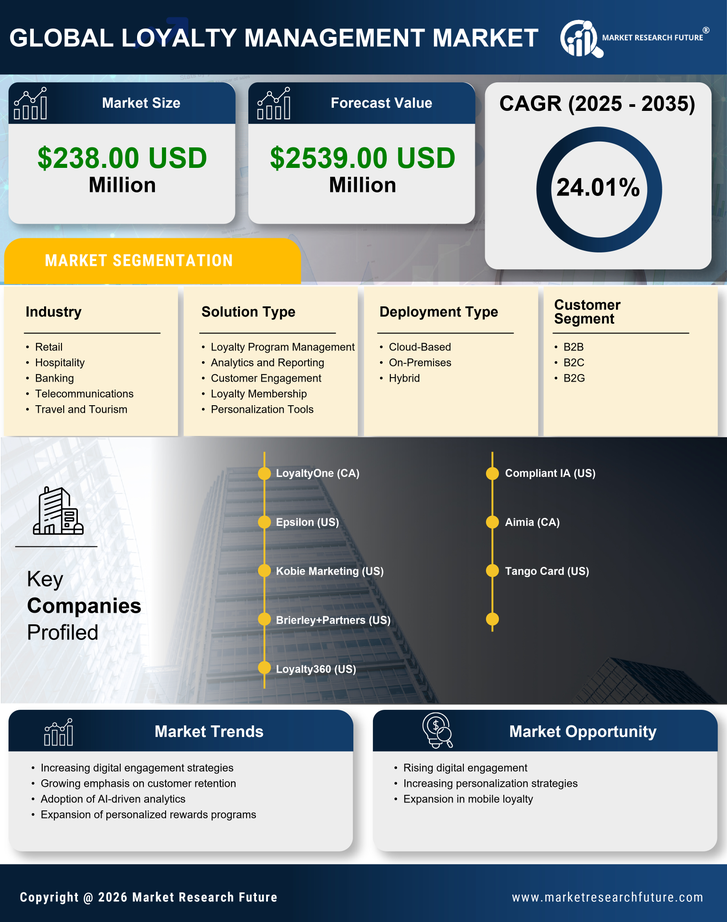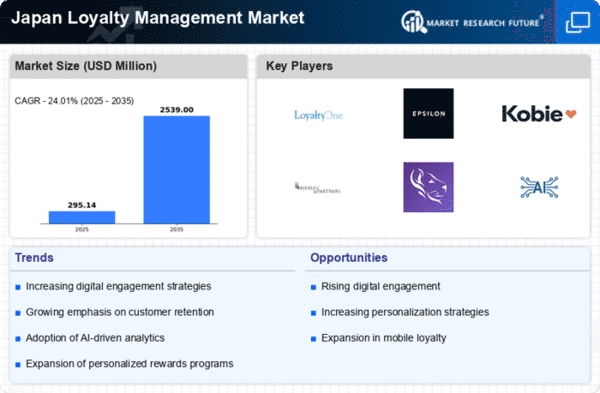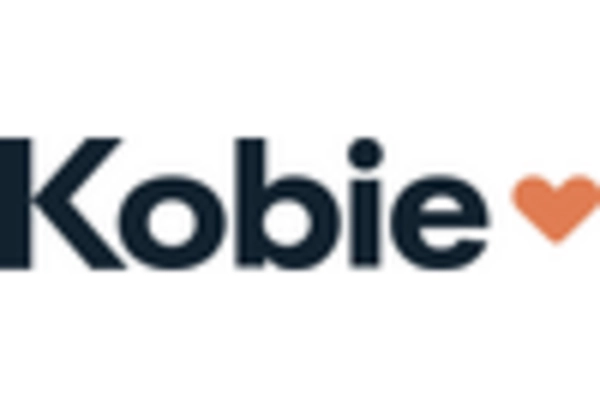Competitive Market Dynamics
The loyalty management market in Japan is characterized by intense competition among various sectors, including retail, hospitality, and e-commerce. Companies are striving to differentiate their loyalty programs to attract and retain customers. This competitive landscape has led to innovative approaches, such as tiered loyalty systems and exclusive member benefits. As businesses seek to stand out, they are investing in unique rewards and experiences that resonate with their target audience. This drive for differentiation is likely to intensify, pushing companies to continually refine their loyalty strategies to maintain a competitive edge in the market.
Evolving Consumer Expectations
In Japan, the loyalty management market is increasingly shaped by evolving consumer expectations. Customers now demand more personalized experiences and rewards that resonate with their individual preferences. This shift is evident as 70% of consumers express a desire for tailored loyalty programs that reflect their unique shopping habits. As a result, businesses are compelled to adapt their loyalty strategies to meet these expectations, fostering deeper connections with their clientele. The loyalty management market must therefore innovate continuously, ensuring that offerings align with the dynamic nature of consumer desires. This evolution not only enhances customer satisfaction but also drives retention rates, which are crucial for long-term profitability in a competitive landscape.
Rise of Mobile Loyalty Solutions
The proliferation of mobile technology is reshaping the loyalty management market in Japan. With over 80% of the population owning smartphones, businesses are increasingly adopting mobile loyalty solutions to engage customers effectively. These solutions offer convenience and accessibility, allowing consumers to track rewards and receive personalized offers directly on their devices. As a result, companies that implement mobile loyalty programs are witnessing a 30% increase in customer participation. This trend indicates a shift towards digital engagement, where mobile platforms serve as vital tools for enhancing customer loyalty and driving sales.
Cultural Emphasis on Customer Relationships
In Japan, the loyalty management market is profoundly influenced by the cultural emphasis on building strong customer relationships. Japanese consumers value trust and long-term connections with brands, which necessitates a focus on relationship-oriented loyalty programs. Companies that prioritize customer engagement and satisfaction are likely to see enhanced loyalty and repeat business. Research indicates that brands fostering strong relationships can achieve up to a 40% increase in customer lifetime value. This cultural aspect compels businesses to invest in loyalty initiatives that not only reward purchases but also nurture ongoing relationships with their clientele.
Technological Advancements in Data Analytics
The loyalty management market in Japan is significantly influenced by advancements in data analytics technologies. Companies are increasingly leveraging big data to gain insights into customer behavior, preferences, and purchasing patterns. This analytical capability allows businesses to create more effective loyalty programs, enhancing customer engagement and retention. For instance, firms utilizing advanced analytics report a 25% increase in customer retention rates. As technology continues to evolve, the ability to analyze vast amounts of data will likely become a cornerstone of successful loyalty strategies, enabling companies to tailor their offerings more precisely to meet customer needs.

















